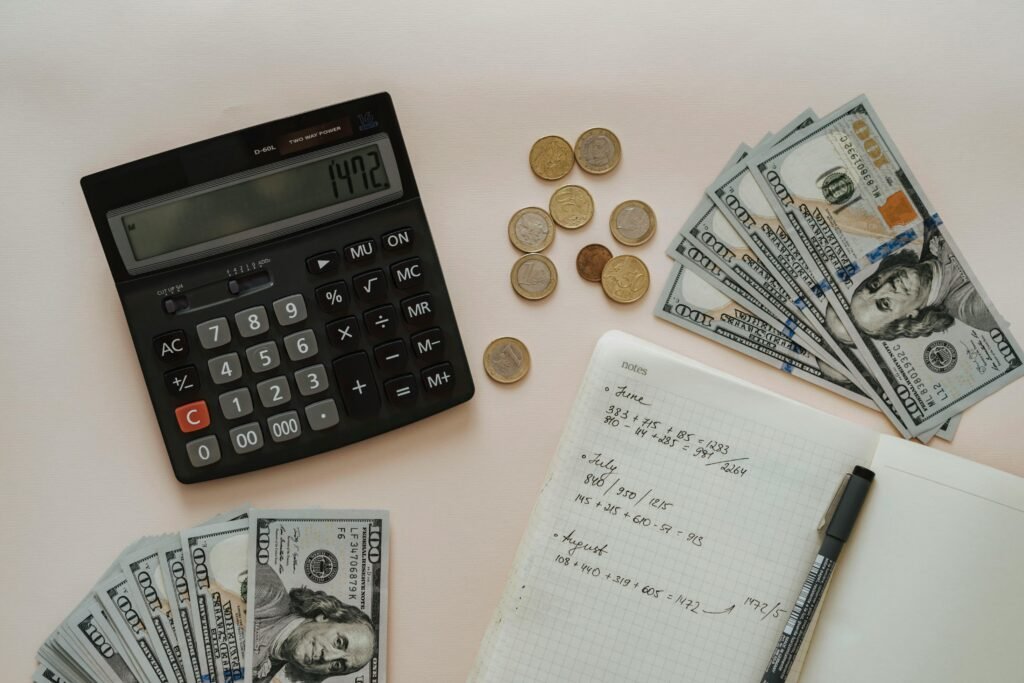“Gimme! Now!”: Talking Global Finances

This article discusses the the US-China tariff agreement, the Saudi visit, and one big present. All in all, the American populists have only started to feel the brunt of the president’s executive orders. This reality is often replaced by other fears stemming from the government. If the full force of the tariffs had already been further along, the changes would be quite apparent. It may be that, due to these delays, the two issues discussed below would not have been possible. Bringing Home The Multi-Billion-Dollar Bacon President Trump leaves for the Middle East today and is aiming to return home with $1 trillion worth of deals and investment pledges, U.S. and Arab officials tell Axios’ Barak Ravid, Alison Snyder and Marc Caputo” (Axios, May 11). “Trump will embark on the first major foreign trip of his second term tomorrow, heading to Saudi Arabia, Qatar and the United Arab Emirates. The Middle East trip is expected to focus heavily on business deals and new investments from the oil-rich region. Typically, U.S. presidents travel to Canada or Mexico first. Trump’s trip to the Middle East, by contrast, highlights the region’s growing influence — and the president’s tension with many longtime allies” (The Hill, May 12). “Trump’s trip to Saudi Arabia, Qatar and the UAE this week is almost all about money. “His regional agenda is business, business and business,” one Arab official said” (Axios, May 11). Frame the thoughts of the president going into these meetings: “No need to focus on the Gaza Strip and the war. Put aside issues of any humanitarian nature. Let’s not talk about seeing how to ally together for a better global economy. No need to delve into climate issues. Stay the (golf) course. Maintain the conversations on how to develop a multi-billion-dollar Riviera in the region. This should be the main focus of the conversations, and let the hired spokespeople do their job and deflect the reporting away from the real issue, ‘business and making lots of money.’” “Crown Prince Mohammed Bin Salman (MBS) pledged $600 billion in investments in the U.S. over the next four years right after Trump took office. The Qataris are also expected to announce $200 billion-300 billion in deals and investments, including a huge commercial aircraft deal with Boeing and a $2 billion deal to purchase MQ-9 Reaper drones, a source with knowledge of the issue said” (Axios, May 11). “With an eye on blockbuster deals and a Nobel-worthy diplomatic breakthrough in regional peace, Trump is focusing on a region that he has treated as a key diplomatic and economic player in his second term. It’s also a business opportunity: All three countries on the list have Trump-branded properties or ongoing developments” (The Hill, May 12). These deals play right into the hands of the president. Seeing himself as a prolific businessman with a specialization in property business deals, for some, the president was re-elected because he was better equipped (physically and professionally) to discuss business relations with such countries. The Middle East holds strong political-religious laws against women serving in business or government. Had the 2024 election gone differently, those supporting Trump say such possible deals would not have had the potential to be discussed. But, is it culturally correct for the host to provide a gift quantifiable with the importance of the person offering wrapping? “Qatar is also considering giving Trump a gift: A 747 jumbo jet to serve temporarily as Air Force One. The UAE already declared in March that it would invest $1.4 trillion in the U.S. over the next decade. Trump clearly sees the Gulf as a place where there’s big money to be made, for the U.S. and for businesses like his” (Axios, May 11). “While in the region, Trump plans to accept a luxury Boeing 747–800 plane as a donation from the Qatari royal family that will be upgraded to serve as Air Force One, in possibly the biggest foreign gift ever received by the U.S. government. The plane will then be donated to Trump’s presidential library when he leaves office, allowing him to continue using it as a private citizen” (The Hill, May 12). The truth comes to the surface fast. The monetary gain the president plans to acquire will, in his mind, boost his approval ratings with the American people. The MAGA union will certainly throw laurel branches at the president’s feet on his return with these agreements. Opponents will try to torch those branches as fast as they hit the ground. But what’s the hook with these funding agreements? What do the Saudis seek to gain by promising an enormous amount of funding to the US over a long timeline? Will the president use any of these agreements to influence the stock and welfare of the nation? Will these monies go to replace any of the closed departments and rehire fired federal workers? The proverbial answer to such a line of questioning would be the horrifying reality, “No.” “The U.S. and Qatar were bargaining over the price for a “palace in the sky” Boeing 747–8 to be used as the new Air Force One — and Qatar “came back and said: ‘We’ll just gift it. It’s OK,’” (Marc Caputo, Axios, May 11). “And it’s gifted to the people of the United States, gifted to the Department of Defense,” the source added. “And it’s supposed to be ready by the end of the year.” “Qatar’s royal family plans to donate the luxury jumbo jet to the Defense Department, then it’ll be transferred to President Trump’s presidential library when he leaves office — one of the biggest foreign gifts ever given to the U.S., ABC News scooped and the N.Y. Times confirmed” (Axios, May 11). There are too many questions to state. What’s funny to read is the report from the White House Spokesperson, Karoline Leavitt “Karoline Leavitt said that “any gift given by a foreign government is always accepted in full compliance with all applicable laws” (Axios, May 11). Who owns the jet? The president or the



